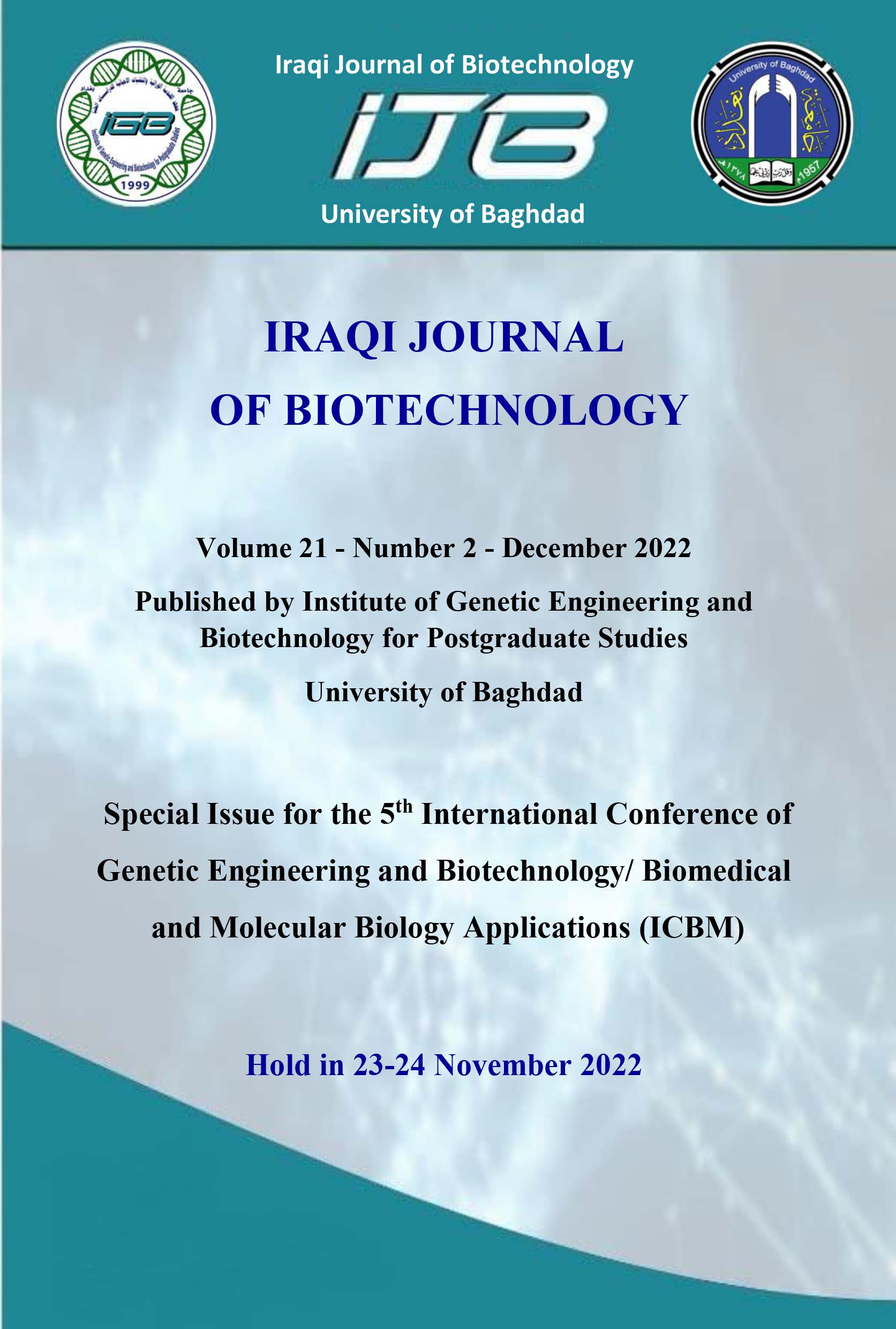Interleukin-1 Beta (IL-1β) Persistence in Post SARS-CoV-2 Infection and Vaccination: A Double Case Control Study
Abstract
With the continuous increase in the number of infections with COVID-19 in comparison to the relatively slow increase in the number of vaccinated individuals in our country, the efficiency and longevity of protection against SARS-CoV-2 infection compared to vaccine recipient individuals or even to a combination of previously infected and respective vaccination is yet unclear. The IL-1β levels using an enzyme linked immunosorbent assay (ELISA) assay were investigated in the serum samples of convalescent and vaccinated groups of both sex and different ages after one month of infection and vaccination and compared to samples from apparently healthy individuals, matching other groups in age and sex, as control group to evaluate and compare immune responses between the groups. A total of 75 convalescent patients (mean age 54.1±19.4 years, 54.67% males) and 75 vaccinated participants (mean age 39.8±14.3, 50.67% males) with two doses of Pfizer (62.7%) or Sinopharm (37.3%) vaccine were analyzed and compared to 50 unvaccinated controls. The results revealed an elevated serum level of IL-1β in both the convalescent and vaccinated groups, which indicated a robust natural infection and vaccine elicited immune response, with the presence of long COVID-19 syndrome in the patients who recovered from SARS-CoV-2 infection.


